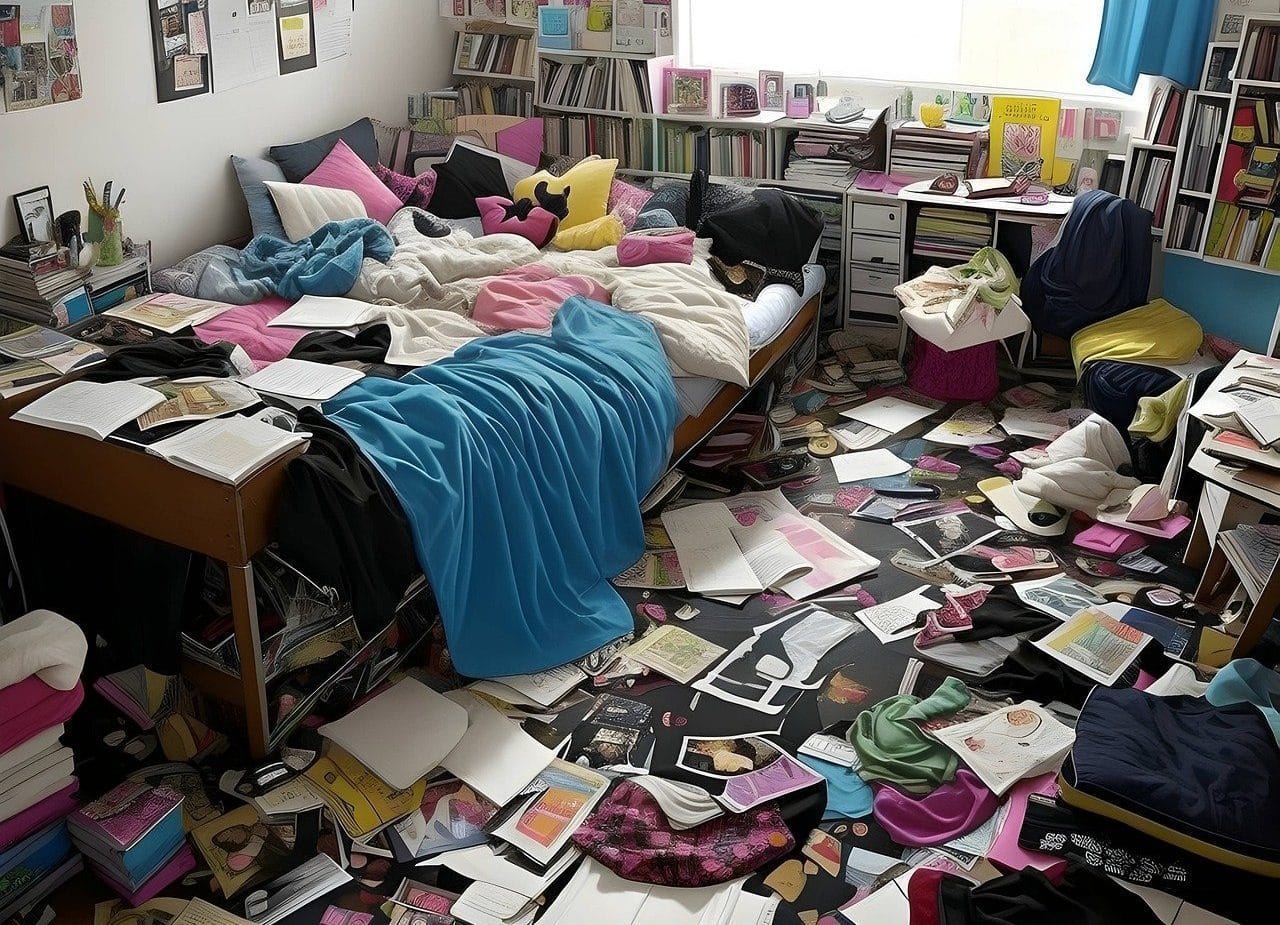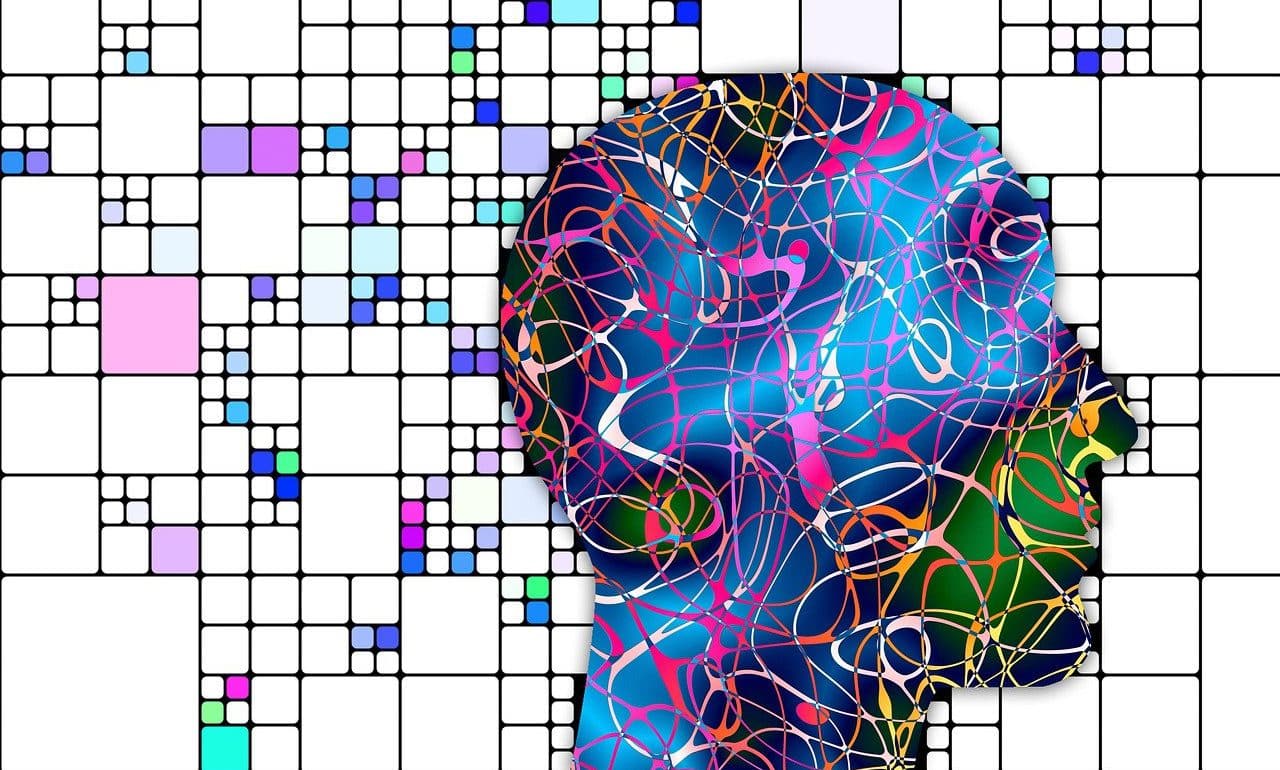
It is important to have well-organized and clean home spaces since clutter often causes chaos, annoyance, embarrassment, distraction and even dirt.
Disorder is a reality or a state that is linked to a mismatch or disorganization that generates chaos and confusion as a result of having altered or modified a certain order.
This variation that transforms the disposition of something, results in a disorder or conditions the normal development or functioning of an element can occur, be observed and suffered in multiple areas. For this reason, the concept is approached from various perspectives and disciplines.
There is disorder in a home, for example, when a child was entertained with all his toys, taking advantage of all the surface at his disposal and forgot or avoided returning them to the trunk or storage corner. There may also be disorder in a house or apartment, as a result of the break-in of a criminal who broke, rummaged and forced open drawers and shelves with the intention of taking money and valuables.
A certain personality, traumatic episodes, neurochemical factors, organic issues and some side effects of medications or diseases, meanwhile, can precipitate or lead to an emotional disorder . This imbalance unbalances the subject to the point of overwhelming him with negative thoughts , mental instability , ugly sensations and anxiety attacks .
Types of disorder
As seen in everyday life, there are numerous types of disorder . The most everyday and therefore easy to recognize is the clutter within the home or office/work environment. When each object lacks an assigned place or is not deposited in its original space after being enjoyed, used or used, the environment becomes uncontrolled and, in this context, it is difficult to find things or have well-arranged corners (although There are those who claim to understand and be familiar with their own disorder .
There is, similarly, psychological disorder related to mental health . There are many disorders, diseases and symptoms that fall into this group and require being evaluated, diagnosed and treated by medical professionals. People who are going through a psychological disorder need attention, care, affection and containment since their conditions usually make them vulnerable, increase their level of stress and/or anxiety, disturb their mood and even put their ability and will to communicate at risk. social interaction .

Mental chaos is a psychological disorder that, in the medium or long term, triggers irritability, depression, anxiety and stress.
From physics, on the other hand, the analysis of a disorder leads to entropy , a word that, applied to a system, accounts for the measure or magnitude of a disorder that presents a variation in the state or properties of a system. element or more. Chaos theory also offers explanations and contributes to research into how dynamic systems that are impossible to understand or predict behave, as occurs with chaotic and unstable systems that are revolutionized by any change or imbalance in the first conditions.
We cannot fail to mention, likewise, the social disorders that unleash chaos , confusion , disturbances and lack of control , as occurs in every situation of anarchy or whenever the institutions and organizations of a State are weakened since the community loses stability , harmony. and order .
Economic disorders (international in scope), biological disorders and those that affect well-being and health ( hormonal imbalances , eating disorders , autoimmune disorders ), digital disorders , legal disorders and disorders that extend into the fields of Culture and art are other sources of confusion and impact due to the transformations and alterations of an expected order or balance.
Advantages and disadvantages
Someone who leads a disorderly life and fails to adopt habits or routines that help them achieve and maintain order is exposed to both advantages and disadvantages .
In its favor it has the security and self-confidence arising from the fact of being able to function well in changing or unstable places or circumstances. Creativity is also strengthened by having to appeal to imagination and innovative solutions to successfully emerge from chaotic, destabilized, uncomfortable or unpredictable contexts. The inclination towards disorder , to add another favorable or positive point, encourages us to move away from perfectionism and to be more realistic and flexible, qualities that allow us to adapt as best as possible to abrupt change or unsuspected variations.
In any case, there is nothing better for peace of mind and productivity than being able to be organized and orderly.

A mental disorder or disorder is interpreted as a considerable alteration of cognition, the impossibility or difficulty of regulating emotions and psychological instability that results in behavioral changes and other problems.
Clutter exposes us to danger, time delays, loss and confusion. It even distracts (or, at least, reduces the power of concentration) given the large amount of stimuli that remains visible when a desk or site has elements scattered without logic or a specific sense. Taking on multiple tasks simultaneously is another trigger for disorder , in this case mental, which is overwhelming due to excess responsibilities and the need to properly distribute time that is sometimes not enough and ends up causing frustration, mistakes, forgetfulness and stress.
